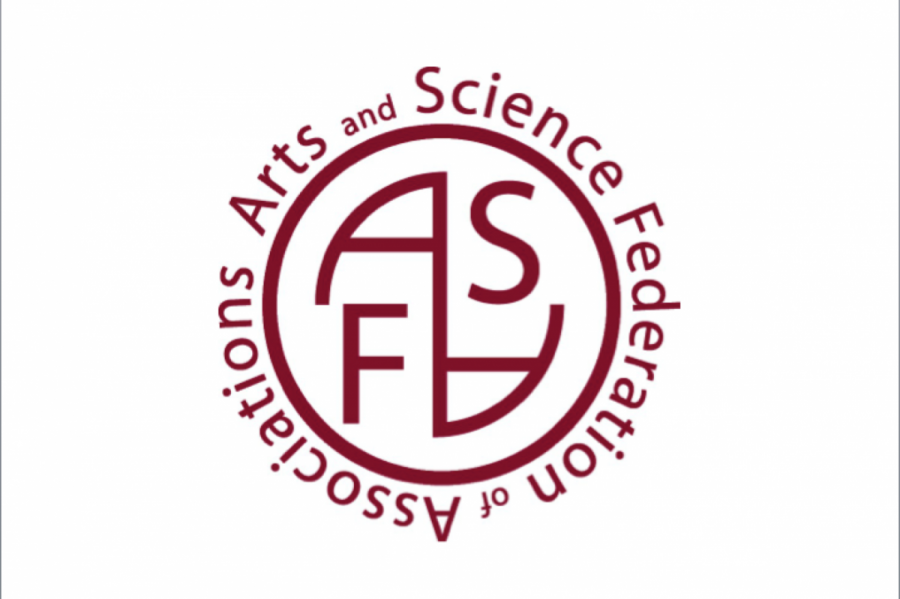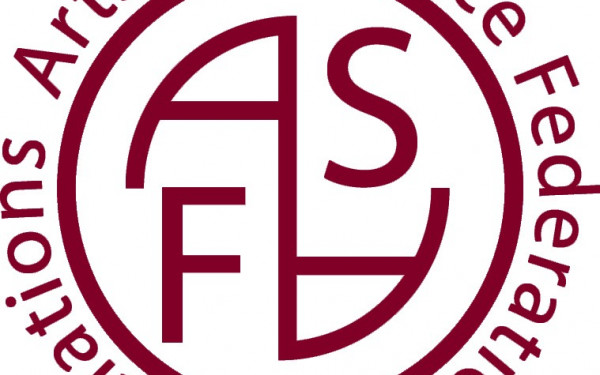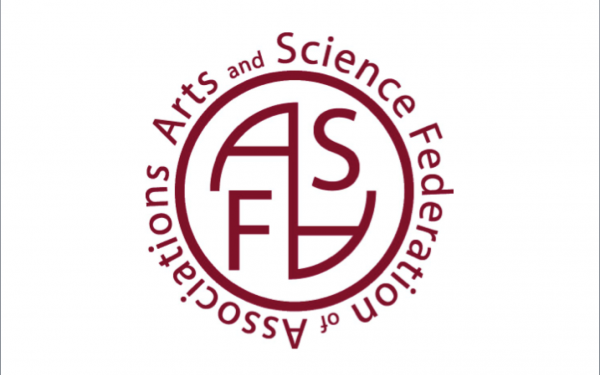ASFA Council Awards Former President 1/3rd Honorarium
Former President Facing Sexual and Racial Harassment Tribunal Compensated For Time at Student Association
The council of the Arts and Science Federation of Associations at Concordia University partly ignored a motion passed at its annual general meeting of members, and awarded Paul Jerajian an honorarium of $593 for his former role as president.
Jerajian, who was dismissed last month from his position as a ‘consultant’ by council resigned as president in February since he was no longer a student. He is now facing a complaint sent to the Quebec Humans Right Commission after a former female colleague found sexually and racially explicit private Facebook messages about her on an ASFA computer.
“There are circumstances of gross misconduct that cancel out whatever good you’ve done,” said Carlos Fuentes, the ASFA councillor from the Concordia Association for Students in English.
At ASFA’s annual general meeting, students voted to withhold honoraria and bonuses from Jerajian and Sean Nolan, the former VP Social who also partook in the Facebook messages. The recommendation was disregarded by council hours after the vote took place on Thursday night. In total, the AGM and council meeting lasted 11 hours.
The motion also requested that the money be put toward sensitivity and consent training workshops. Council had already mandated for all in ASFA leadership positions to attend these workshops at an April meeting. Council approved $6632 of the leftover honorarium money to be allocated for this training.
Mariah Gillis, the Urban Planning Association councillor who proposed the motion, said she wasn’t surprised that council didn’t completely follow the students’ recommendation.
“[Council] thinks they know better, but they don’t know better because these are people that elected them,” she said. “These are people they’re supposed to be representing, but they didn’t—they represented their own interests.”
“A vote at an AGM should serve as a referendum and override any authority,” Fuentes said.
Part of the motion from its members was respected and Nolan did not receive any money for his time as an executive. He resigned shortly after reports of the Facebook messages surfaced. Jerajian received no bonus. The motion succeeded with 29 votes in favor to 25 against, with four abstentions.
Iman Hassanein, ASFA’s VP Academic and Loyola, was granted less than Jerajian who received $500. She received a bonus of $200, which she said was distributed due to “pity.”
“Someone who allegedly did something bad barely made less money than me,” Hassanein told The Link.
“Someone who allegedly did something bad barely made less money than me,” said Iman Hassanein, ASFA’s VP Academic and Loyola.
She added that she didn’t do the job “perfectly,” but also that she didn’t think she did poorly enough to make less money than the “little she was going to make.” Hassanein could have received a maximum of $750 for serving as an executive since the Fall by-elections.
“These choices always get made at three in the morning,” Hassanein said about the late-night culture of discussing honorarium and bonuses from year to year. “It’s based off emotions, and it does not really reflect the work that you did.”
Jerajian was present during the AGM and council session and was granted speaking rights from council since he is no longer a student.When asked by an ASFA member to confirm or deny the harassment allegations, he refused speaking rights.
At other points throughout the night, Jerajian accepted to answer different logistical questions. He left the room with the other executives during discussions about money distribution, but only after he had been asked to leave.
Council determined Jerajian’s honorarium by having each councillor write a percentage of what they thought he should be allocated out of a maximum $1500. They then found the mean of the percentages to tabulate the $593.
Judicial committee can’t rule on harassment allegations
At its April session, council asked ASFA’s judicial committee of students to investigate whether Jerajian had fulfilled his mandate as president and respected bylaws. The committee’s chair, Alexandra Chloe Alacchi, wrote in a report that he had successfully done his required job as president.
The ASFA President is supposed to be one of three signing officers, act as the “Chief Executive Officer” and be the “primary liaison” between the association and other university bodies. Alacchi continued in the report that the committee was “deeply troubled” by the ambiguity of the motion regarding harassment.
“I think the JC performed what council mandated them to do,” Fuentes said. “But that just wasn’t enough.”
Alacchi added that the committee would not be “comfortable” making any decisions based on media evidence and that bylaws forbade the use of anonymous evidence, including an audio recording and screenshots of text conversations, provided by various sources.
The judicial committee also called upon Hassanein as an “expert witness” to determine whether sufficient consent training was provided for attendants of ASFA’s annual Frosh orientation event. Hassanein, who served as a Frosh leader, offered a few recommendations but ultimately concluded that the training had sufficed.
“It’s totally council’s fault that the report is practically useless,” Gillis said about the complaint from the committee over the ambiguity of the motion.
She said she sent some of the anonymous evidence and did not know it was not acceptable. Gillis added that the committee had her contact info for follow-up questions and suggested that the anonymity status could have been changed.
ASFA represents approximately 15,000 students.The annual general meeting consisted mostly of councillors, who were obligated to attend its monthly council meeting afterward. Approximately 30 non-councillors were present.
Some members stayed until 4:00 A.M. to watch over proceedings and voice their opinions to their elected representatives as they proposed and approved motions.
Still no 2015-2016 executive team
In the prior general election, ASFA failed to meet a 2.5 per cent quorum of its student body to validate the results of a new executive team and referendum questions.
Debate ensued at the AGM when chair Jason Poirier Lavoie ruled a motion to appoint the individuals who ran on an interim basis until the next by-election “out of order” after learning about bylaw 145.
Located in section seven of ASFA’s general bylaws, it states that only council can make interim appointments at a “duly convened meeting” by two-third majority vote. Nowhere does it state whether a decision made at a gathering of its members can circumvent that law and hold ultimate power.
“Ultimately ASFA represents its members more than the cliques of its council,” said Lucinda Kiparissis, an ASFA member and Concordia Student Union councillor.
A suggestion to utilize the “Notwithstanding Clause” of bylaw 164, which allows a motion to bypass any rules, could not be used as it requires two-third majority vote by council and would only last three months.




_600_375_90_s_c1.jpg)


_600_375_90_s_c1.jpg)